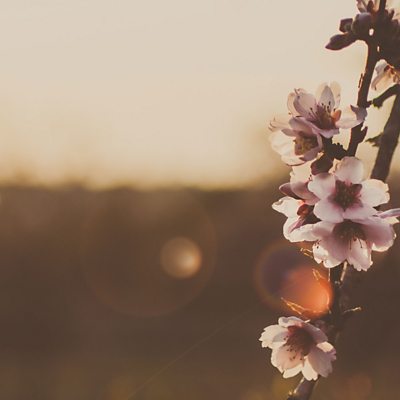Episode details

Available for over a year
Good morning Yesterday David Cameron announced that anti-Muslim hate crime will be treated the same as anti-Semitic hate crime, meaning all police forces in England and Wales will record those crimes as a separate category for the first time. The Metropolitan Police - which already records Islamophobic crime in London - reported a 70% increase in incidents in the past year. It comes as a new study from Birmingham City University reveals some of the experiences of victims. From Muslim women being showered with alcohol on a bus to religious buildings being attacked by arsonists, the report provides a chilling insight into the type of hate crimes being committed, sometimes in broad daylight in front of onlookers who offer little support to the victims. Many will regard a greater recognition of such crimes as a landmark moment in the protection of Britain's minority groups, many of whom have been a part of the fabric of British society for several generations and more. My hope is that it will lead to a sense of confidence and stability amongst these grassroots communities, who will in turn become less preoccupied with issues of security and can flourish as wholesome people. But I don't think the answer can ever lie simply in a law enforcement response. Like millions of us, I was glued to the final of the Great British Bake Off last week. The victory for Nadiya - a Muslim woman wearing a headscarf - crowded my social media feeds, whilst journalists described her as having done more for race relations than any politician in this country. Her personality shone through and I couldn't help but warm to her positivity and 'can do' attitude. Stories such as this are shining examples of Britain's mixed communities not only taking part in such competitions but also succeeding and becoming role models for others. Britain's diversity and our story of integration is something that we should celebrate openly, it's the perfect antidote to faith based hate crimes committed against innocent people going about their daily business and who happen to have a faith or wear religious symbols. Whether the hate is coming from home or abroad, it's increasingly important for us to think about how we can change from becoming bystanders to change makers. Whether we're on the street witnessing attacks against someone's beliefs or listening to someone preach hate in the name of Islam, we can reach out into the world, like Nadiya did. I believe in the Qur'anic principle that "God will not change the condition of a people until they change what is in themselves." I believe we have the power and responsibility to change the world within us and around us, only then can we expect help and support from elsewhere; including from God.
Programme Website